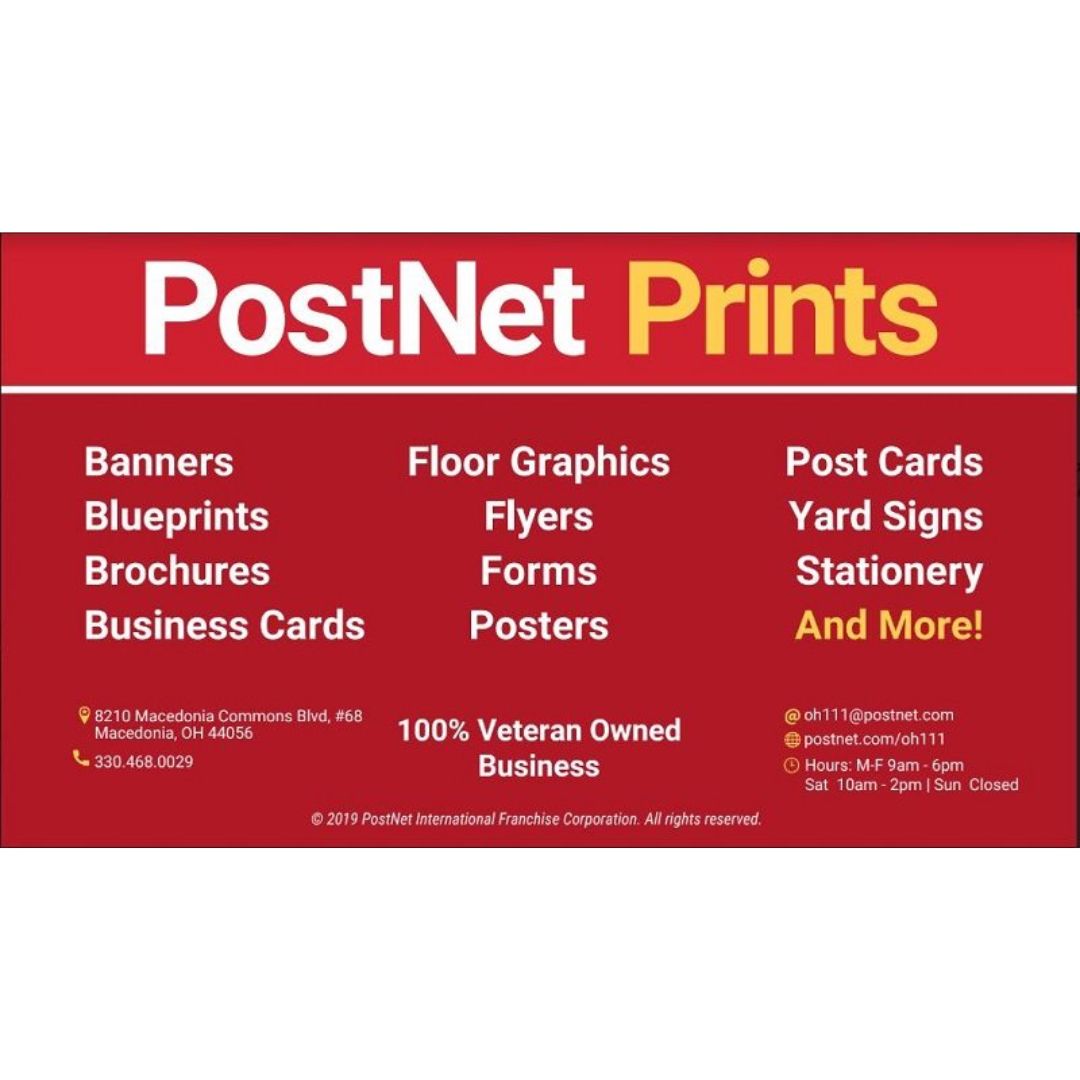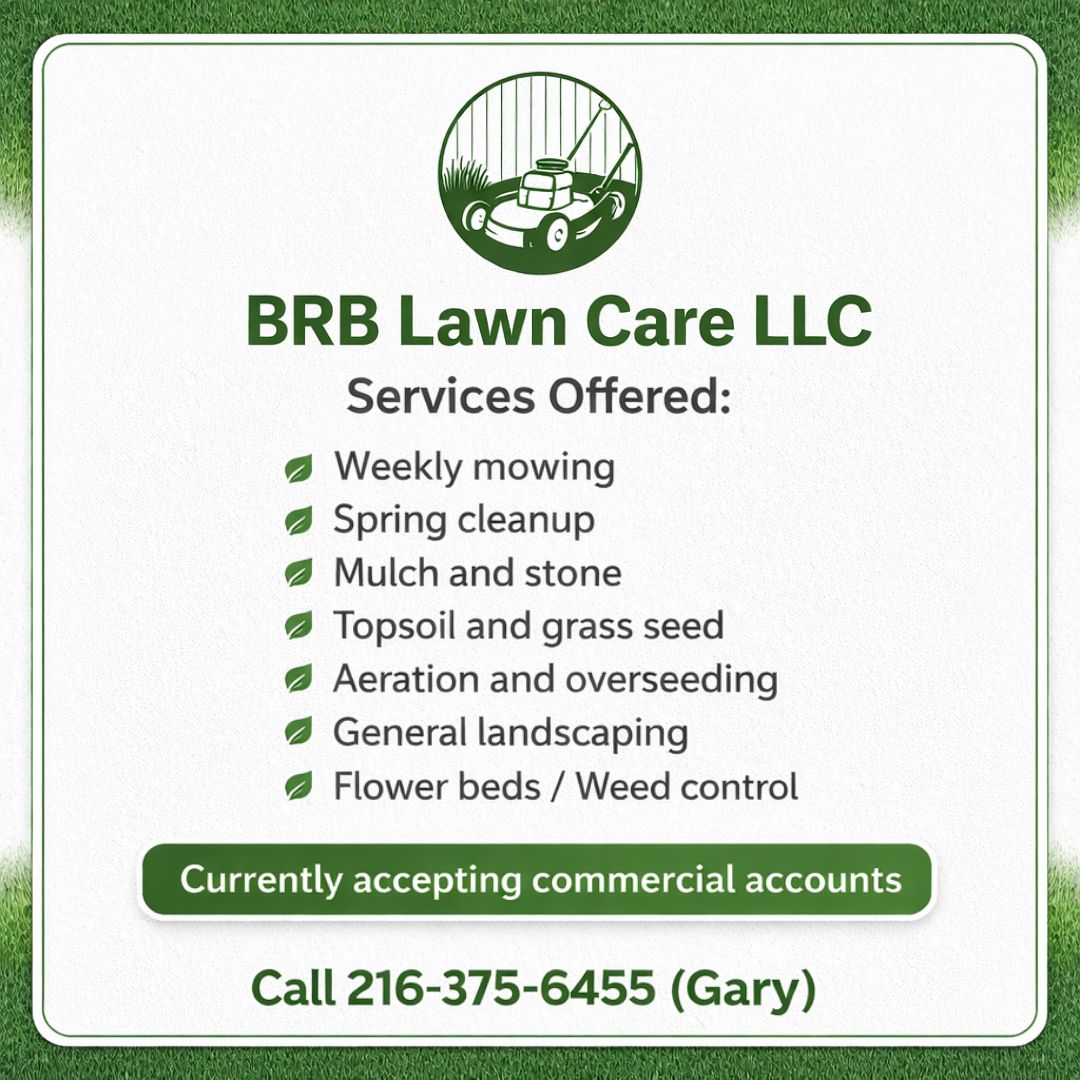The world is full of gurus who will tell you to set some goals, drive action, make it happen. And that’s good advice.
But just because you can, doesn’t always mean you should.
Launching a new product or service is not something you want to do because you had a wild idea one morning over coffee or in the shower. There’s a lot more that goes into the launching of that product or service. But research and development can be pricey.
What if you have a business idea you want to run with but don’t have the money to hire someone to crunch numbers and present data? Should you launch without it? If you do, that could prove to be even more costly.
So how can you test an idea without a huge investment?
Here are 5 (mostly) free ways to test your next product or service offering.
Before we get into the details of how to test your product or service idea, it’s important to ensure you are approaching the right audience. As supportive and friendly an audience as your mom or spouse may be, unless they are also in your target market, you don’t want to ask them. Even if they are a tough critic and you feel they will give you good advice, if you’re not selling to them their advice (no matter how fair) will not reflect the opinion of those who will be giving you money for your product or service. So before attempting any R&D, make sure you have clearly defined your market so that you can use the ideas below to seek out your ideal audience.
Fish Where You’re Likely to Catch Something
What product or service are you selling and where would someone buy that or need it? Go there and start conversations with people in your target market. For instance, if you sell dog products, go to a dog park and start conversations with people about their likes and dislikes, concerns or challenges. Look for places where people would be using your product or service and involve them in conversation.
Seek Out the Chamber
Your chamber of commerce is also an ideal place to have conversations about your proposed product or service. Instead of presenting your idea in pitch format, start conversations about the solutions your product or service helps with. Ask questions. Get an understanding on whether people know that they need your idea or if you would have to build in an educational component to convince them of that need. Again, make sure you’re talking to people in your target audience.
Use Target Ads on Facebook
There is a cost with this option, but you can control it. Use the targeting features to ensure you are getting information from your ideal audience and not just anyone who’s bored on social media. Ask about challenges people face or present a challenge to see if people click on your ad. Try different things to see what they respond to.
Master Reading Body Language
If you’re considering a new product or service offering, it’s important you are always ready to talk about it. Even if you don’t want to discuss details of the idea for fear that someone may duplicate it, talking about the need for it in nebulous terms can help you see if your target audience would be interested in it or not.
When you find an opportunity presents itself and you’re facing someone who’s likely in your target market, watch their body language as you speak with them. Do they turn in to face you interested in what you have to say? Do they cock their head as if trying to understand? Is there a look of confusion or one where they are scanning the room? These can all be good clues as to whether they like your idea (or see a need for it) or would rather be anywhere else.
Use Polling
Polling on social media, through email, or in your newsletter can yield a lot of worthwhile data too. Again, even if you’re not ready to disclose the idea, you can get some understanding of whether your audience is ready for it or not. Ask them solution-oriented questions like “if a product to do X came out that would save you time and cost less than $10 a month would you embrace it?” Use a scale of 1-5 to gage interest.
The poll itself might be enough for people to start asking questions and drum up interest in your launch.
R&D doesn’t have to be expensive. In fact, online outlets and in-person encounters have (almost) taken the place of costly panels, at least for small businesses that are operating on a tight budget.
Christina R. Metcalf (formerly Green) is a marketer who enjoys using the power of story and refuses to believe meaningful copy can be written by bots. She helps chamber and small business professionals find the right words when they don’t have the time or interest to do so.
Christina hates exclamation points and loves road trips. Say hi on Twitter or reach out on Facebook.
For more Chamber Chatter articles click here























